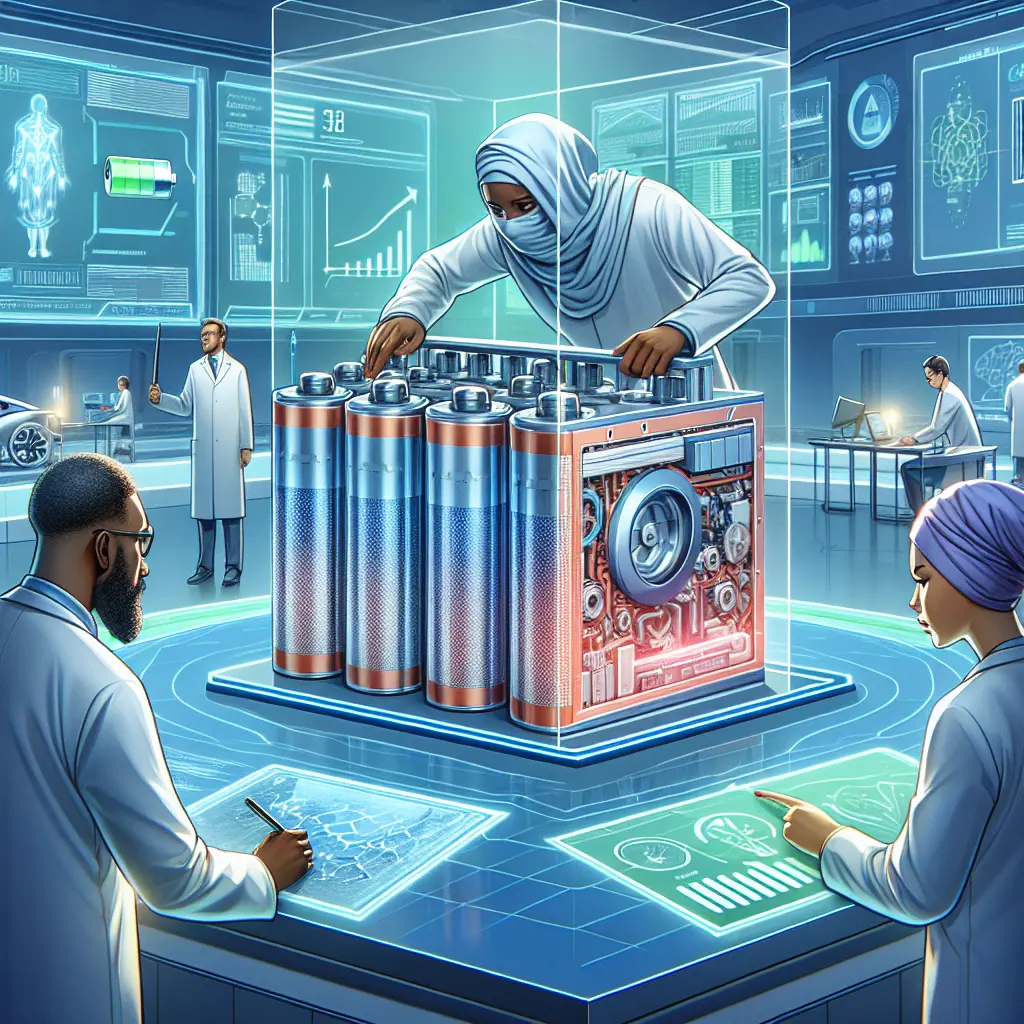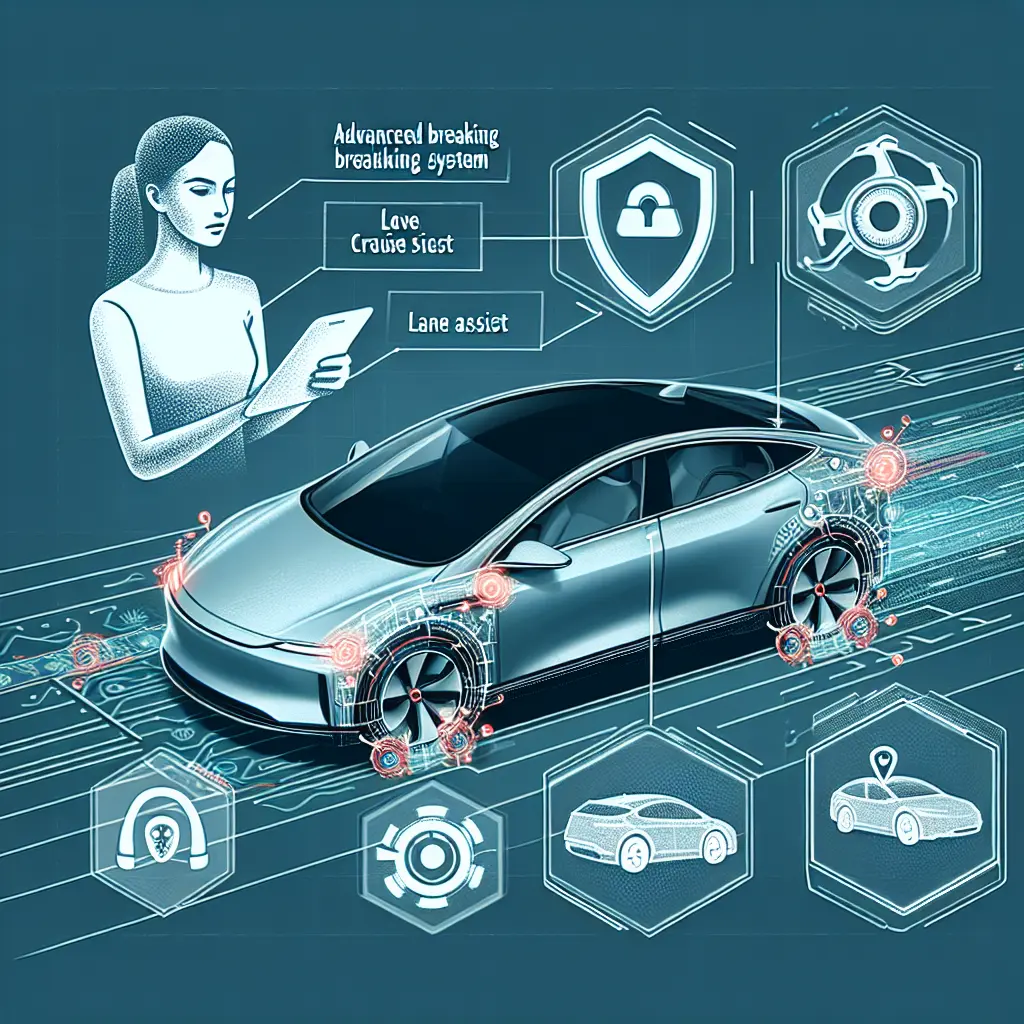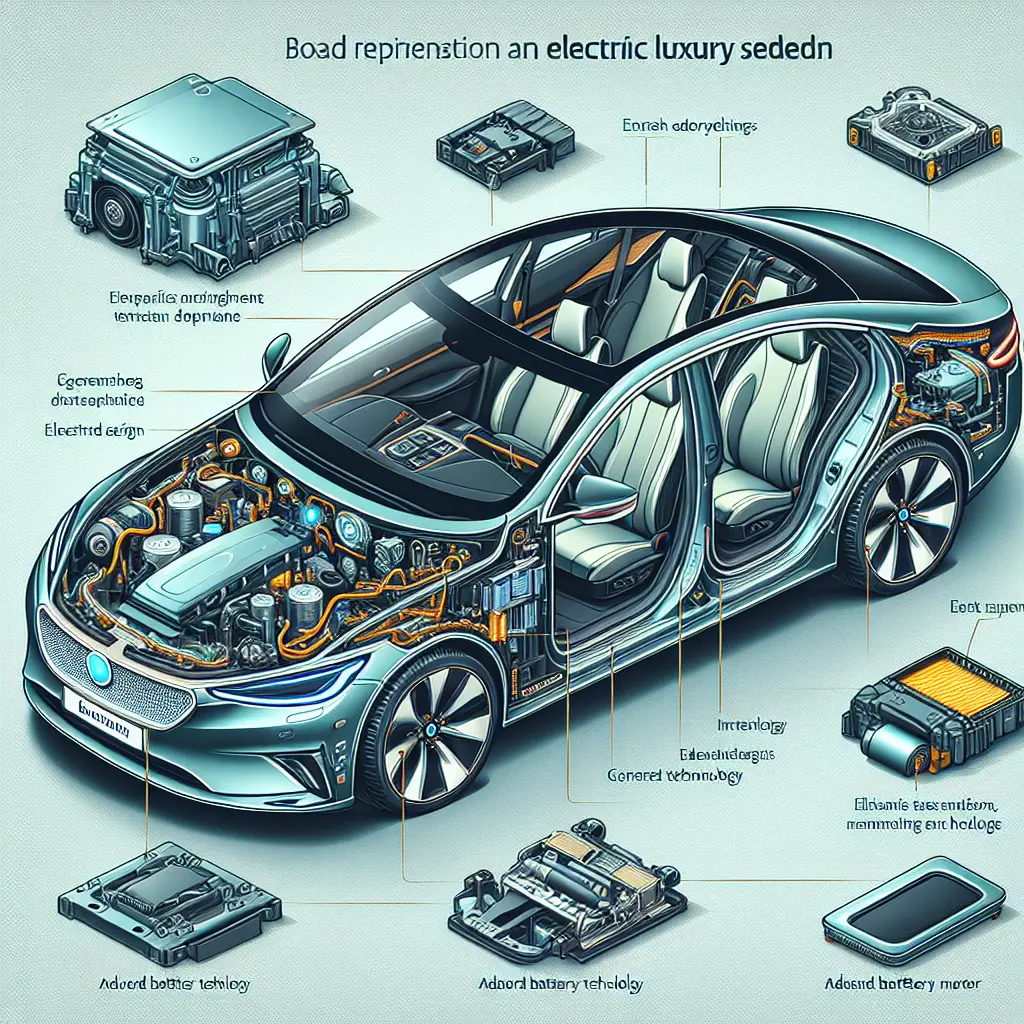Tesla, a name synonymous with innovation and sustainability, has been at the forefront of electric vehicle (EV) technology. The company's advancements in battery technology are central to its mission of accelerating the world's transition to sustainable energy. In this deep dive, we explore Tesla's battery technology, focusing on longevity, efficiency, and the latest developments that keep Tesla at the cutting edge of the EV market.
At the heart of Tesla's success is its advanced lithium-ion batteries. Tesla's approach to electric vehicle batteries isn't just about using lithium-ion; it's about continuously improving the battery's efficiency and performance. The company's proprietary technology includes state-of-the-art battery management systems that enhance the overall battery longevity and performance.
One key aspect of Tesla's battery technology is its emphasis on longevity. Tesla vehicles are known for their durability, much of which can be attributed to their robust battery management systems. These systems meticulously control the charging and discharging process, ensuring that the lithium-ion batteries operate within their optimal parameters, thus reducing battery degradation over time.
Battery degradation is an inevitable part of electric vehicle batteries' lifecycle, but Tesla has made significant strides in mitigating this. Studies suggest that Tesla batteries retain over 90% of their capacity after 200,000 miles. This impressive feat is largely due to Tesla’s continuous improvements in battery chemistry and its sophisticated cooling systems that prevent excessive thermal stress.
Tesla’s ongoing improvements in battery efficiency are evident in their recent models. For instance, the introduction of the Model 3 Long Range RWD to the US market demonstrates Tesla’s commitment to enhancing range without compromising price. Priced at $42,490, this model highlights how Tesla is making efficient, long-range electric vehicles more accessible.
Sustainable Battery Technology
Sustainability is a cornerstone of Tesla’s mission. The company invests heavily in sustainable battery technology, focusing on reducing environmental impact across the lifecycle of its batteries. From sourcing raw materials responsibly to optimizing manufacturing processes and advancing recycling technologies, Tesla is leading the way in sustainable practices within the EV industry.
Tesla's expertise in lithium-ion batteries extends beyond vehicles into broader energy solutions. Tesla energy storage systems, such as the Powerwall and Powerpack, leverage the same advanced battery technology to offer high-efficiency storage solutions for residential and commercial use. These systems help balance the grid and integrate renewable energy sources, underscoring Tesla's role in promoting sustainable energy ecosystems.
Tesla’s position as a leader in EV battery innovation continues to be solidified with each technological advancement. The upcoming Tesla Robotaxi is a testament to this, promising an integration of autonomy and efficiency. However, recent delays in its rollout, now pushed to October, highlight the complexities involved in pioneering such groundbreaking technologies.
While Tesla continues to innovate, it faces increasing competition from other automakers like China’s BYD, which is rapidly catching up in terms of sales. This competition underscores the global race for dominance in the electric vehicle market and pushes Tesla to continually innovate and improve its battery technology and vehicle offerings.
Challenges and Controversies
Recent controversies surrounding Elon Musk’s public endorsements and the strategic decisions concerning Tesla have stirred debates about potential impacts on Tesla’s brand and market perception. These developments could influence consumer confidence and affect Tesla’s market performance in unpredictable ways.
Despite the high longevity of Tesla batteries, eventual replacement is a reality for any long-term vehicle owner. Tesla provides comprehensive services for battery replacement, ensuring that even after years of service, your vehicle continues to perform optimally. This commitment to aftercare is part of why Tesla maintains high customer loyalty despite the higher upfront costs associated with EVs.
Tesla's journey in refining electric vehicle batteries reflects a broader commitment to innovation, sustainability, and consumer satisfaction. From enhancing battery longevity through advanced management systems to pushing the boundaries with ambitious projects like the Tesla Robotaxi, Tesla remains at the forefront of the EV industry. As competition intensifies and the market evolves, Tesla's ability to maintain its lead in EV battery innovation will be crucial.
In a world increasingly leaning towards sustainability, Tesla’s advancements offer not just a glimpse into the future of transportation but also a blueprint for integrating eco-conscious practices across industries. As we continue to monitor Tesla's progress and industry impact, one thing remains clear: the road ahead is electrifying.









Leave a Comment